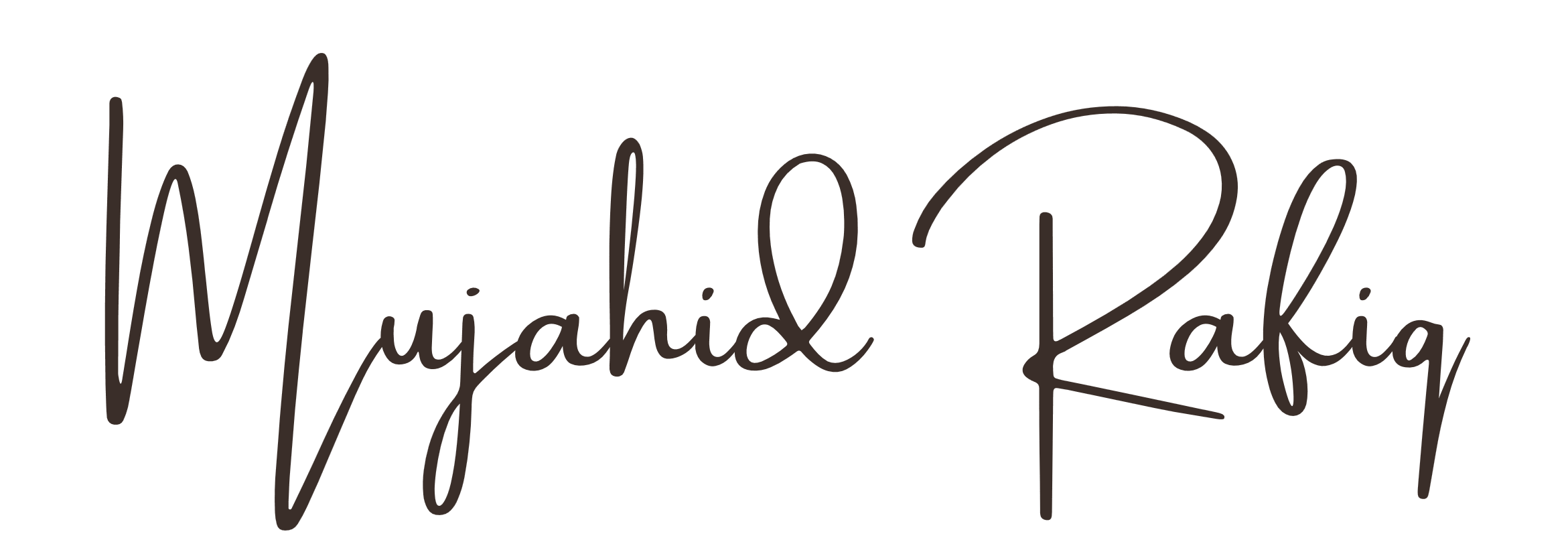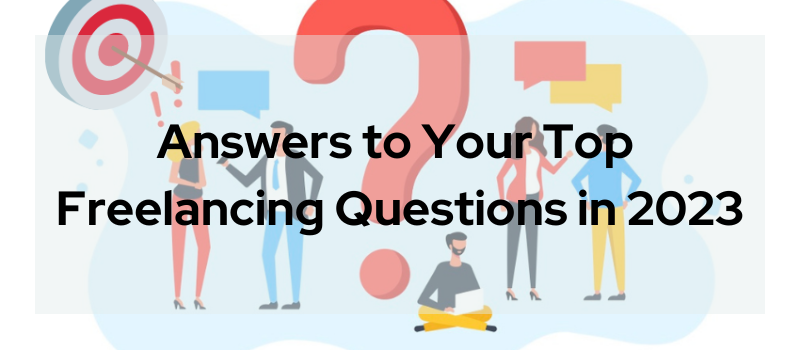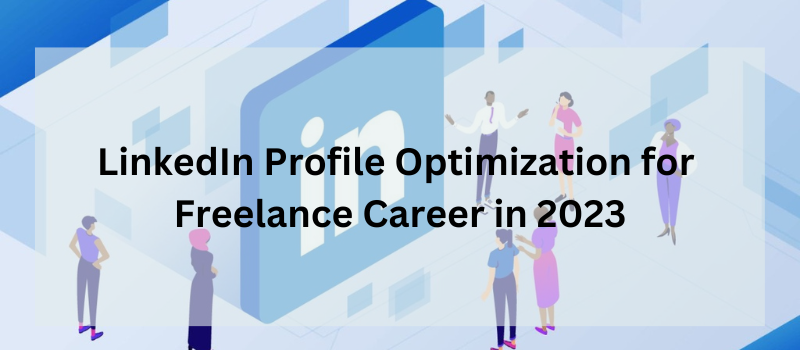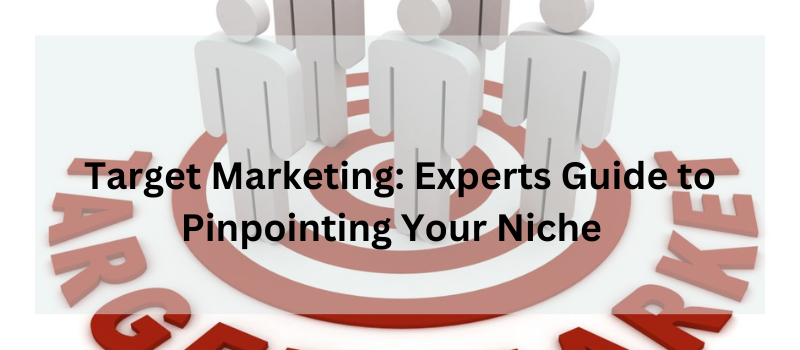Freelancing in 2023 will become an increasingly popular career path for many professionals looking for greater flexibility and autonomy over their work. Embarking on the freelance life comes with many questions for those new to working independently.
In this comprehensive guide, we’ll explore some of the top freelancing questions on getting started, finding work, managing projects, and more. Whether you’re considering going freelance or are just starting out, use this as your go-to resource for making freelancing a success.
Contents
- 1 Frequently Asked Questions on Freelancing
- 1.1 1. What is Freelancing?
- 1.2 2. Why Choose Freelancing?
- 1.3 3. Who can do Freelancing?
- 1.4 4. Who Invented Freelancing?
- 1.5 5. Which Freelancing Skill is in Demand in Pakistan?
- 1.6 6. Which Freelancing Skill is Best for Beginners?
- 1.7 7. Which Freelancing Platform is Best for Beginners?
- 1.8 8. Where to Learn Freelancing Skills?
- 1.9 9. Can Freelance Make You a Millionaire?
- 1.10 10. Can Freelancing Be a Career?
- 1.11 11. Can Freelancing Be a Full-Time Career?
- 1.12 12. Are Freelancers Entrepreneurs?
- 1.13 13. Are Freelancers Self-Employed?
- 1.14 14. Why is Freelancing Hard?
- 1.15 15. Why is Freelancing Good?
- 1.16 16. Why is Freelancing Bad?
- 1.17 17. Why is Freelancing Important?
- 1.18 18. Why is Freelancing Better Than a Job?
- 2 Getting Started as a Freelancer
- 3 Finding Freelance Job Opportunities
- 4 Managing Freelance Projects
- 5 Other Key Freelancing Considerations
- 6 Additional FAQS
- 7 Conclusion
Frequently Asked Questions on Freelancing
Are you intrigued by the world of freelancing? Curious about how to break free from the conventional 9-to-5 routine and embark on a journey of autonomy, flexibility, and unlimited potential? Look no further. Welcome to our comprehensive guide to the Top Freelancing Questions in 2023
Here are the Most Frequently Asked Questions on Freelancing
- What is Freelancing?
- Why Choose Freelancing?
- Who can do Freelancing?
- Who Invented Freelancing?
- Which Freelancing Skill is in Demand in Pakistan?
- Which Freelancing Skill is Best for Beginners?
- Which Freelancing Platform is Best for Beginners?
- Where to Learn Freelancing Skills?
- Can freelancing Make You a Millionaire?
- Can Freelancing Be a Career?
- Can Freelancing Be a Full-Time Career?
- Are Freelancers Entrepreneurs?
- Are Freelancers Self-Employed?
- Why is Freelancing Hard?
- Why is Freelancing Good?
- Why is Freelancing Bad?
- Why is Freelancing Important?
- Why is Freelancing Better Than a Job?
1. What is Freelancing?
Freelancing is a dynamic career path where skilled professionals offer their expertise to various clients on a project basis. Unlike traditional employees, freelancers have the freedom to choose projects, set their own schedules, and work from different locations.
2. Why Choose Freelancing?
Freelancing offers a liberating blend of flexibility and potential income. Embrace autonomy in your work, capitalize on diverse opportunities, and reap the rewards of your efforts. Take charge of your career, create a customised work-life balance, and unlock your true earning potential.
3. Who can do Freelancing?
Freelancing is open to individuals with diverse skills and expertise. From creative designers to software developers, writers, marketers, and more, anyone possessing a marketable skill can embark on a freelancing journey to offer their services to a global clientele.
4. Who Invented Freelancing?
The concept of freelancing dates back centuries, but its modern form gained prominence with the rise of digital platforms. The term itself traces its origins to medieval times when medieval knights were “free lances” who offered their services to the highest bidder.
5. Which Freelancing Skill is in Demand in Pakistan?
In Pakistan, digital marketing is experiencing a surge in demand. With businesses aiming to expand their online presence, skilled digital marketers who can navigate SEO, social media, and content creation are sought after to boost brand visibility.
6. Which Freelancing Skill is Best for Beginners?
Content writing is an ideal entry point for beginners in freelancing. Writing requires minimal upfront investment, and platforms are abundant where beginners can offer their skills and gradually build a portfolio.
7. Which Freelancing Platform is Best for Beginners?
Upwork is a favored platform for freelancing beginners due to its diverse project listings and user-friendly interface. It offers opportunities across various skill categories, making it a great starting point.
8. Where to Learn Freelancing Skills?
Online platforms like Coursera, Udemy, and LinkedIn Learning offer a plethora of courses on freelancing skills. You can also explore free resources such as blogs, YouTube tutorials, and online communities dedicated to freelancing education.
9. Can Freelance Make You a Millionaire?
While freelancing can lead to substantial income, becoming a millionaire solely through freelancing might be challenging. However, pairing freelancing with entrepreneurship, investments, and strategic financial planning can contribute to significant wealth accumulation.
10. Can Freelancing Be a Career?
Absolutely, freelancing can be a full-fledged career. Many individuals have transformed their freelancing endeavors into successful and sustainable long-term careers, offering their skills to a global client base.
11. Can Freelancing Be a Full-Time Career?
Yes, freelancing can be a fulfilling full-time career choice. With dedication, skill refinement, and a consistent client base, freelancers can enjoy the benefits of autonomy, flexible work hours, and potential for high earnings.
12. Are Freelancers Entrepreneurs?
Freelancers exhibit entrepreneurial traits as they manage their own businesses, market their services, and build client relationships. However, freelancers often focus on delivering specific skills, while entrepreneurs create and scale businesses.
13. Are Freelancers Self-Employed?
Yes, freelancers are considered self-employed individuals. They work independently, offer services to clients, and manage their own business operations, including invoicing, taxes, and client management.
14. Why is Freelancing Hard?
Freelancing can be challenging due to the need for consistent self-motivation, managing fluctuating income, handling client expectations, and coping with potential isolation. Balancing multiple aspects of the business can also be demanding.
15. Why is Freelancing Good?
Freelancing offers flexibility, autonomy, and the potential for higher earnings. It enables individuals to choose projects aligned with their skills and interests, creating a fulfilling work-life balance.
16. Why is Freelancing Bad?
Freelancing can have downsides such as irregular income, lack of job security, and the responsibility of managing all aspects of the business. It may also involve dealing with difficult clients and facing isolation from a traditional office environment.
17. Why is Freelancing Important?
Freelancing fuels innovation and offers a global talent pool to businesses. It empowers individuals to harness their skills, explore diverse projects, and contribute to various industries while enjoying the benefits of remote work.
18. Why is Freelancing Better Than a Job?
Freelancing provides flexibility, the ability to choose projects, and higher earning potential compared to traditional jobs. It allows individuals to create their schedules and work from anywhere, offering a unique work experience.
To learn more on freelancing contact me for tailored solutions to your problem.
Getting Started as a Freelancer
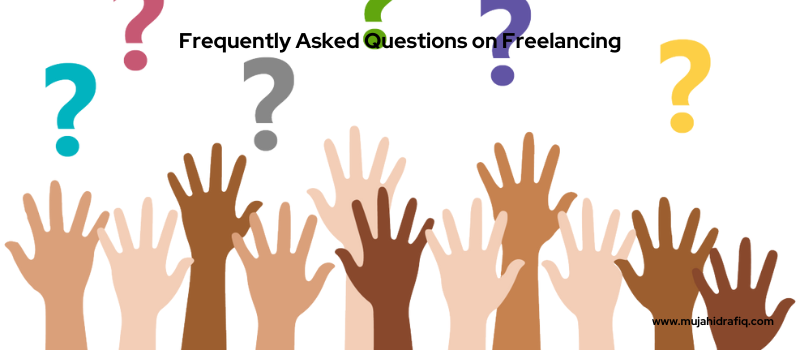
The first step to successful freelancing is laying the proper groundwork and setup. But where do you begin? Here are some of the most frequently asked questions on starting the freelance life.
How do I get started as a freelancer?
Getting started as a freelancer requires strategic planning and preparation. Here are some tips:
- Pick your niche. Determine what service you want to offer as a freelancer. Choose something that aligns with your skills, interests, and experience. Popular niches include writing, graphic design, programming, consulting, and more.
- Set up your business structure. Decide whether to operate as a sole proprietor, LLC, S corporation, etc. Consider factors like legal protections, taxes, and regulations.
- Create a website. Your website establishes your brand and serves as your digital storefront. Outline your services, portfolio, and testimonials.
- Set your rates. Determine your fee structure—hourly, project-based, etc. Research standard rates in your industry. You can adjust as you gain experience.
- Draft contracts. Create service agreements and contracts to outline project scope, deliverables, timelines, payment terms, and more.
- Get your financials in order. Open a business bank account. Set up accounting software. Understand tax requirements and maintain records.
- Build your online presence. Create profiles on freelance platforms and social networks to expand your reach.
With some strategic preparation, you’ll establish the strong foundation needed to start freelancing on the right foot.
What expenses will I have as a freelancer?
When transitioning to freelance work, you become responsible for expenses that companies typically cover for employees. Be prepared for these common costs:
- Equipment and supplies – Desktops, laptops, software, phones, office supplies, etc.
- Website hosting and domain – Hosting service fees, domain registration and renewal costs
- Professional associations and development – Memberships in industry groups, conferences, continuing education programmes
- Self-employment taxes – You pay the employer and employee portion of FICA taxes
- Health insurance – Premiums if not covered under a spouse/family plan
- Retirement savings – 401k contributions, IRAs, etc.
- Coworking space – If you want office space outside of home
- Business insurance – Liability, errors & omissions, etc.
When pricing your services, factor these expenses into your rates. Set a budget and track spending to get a clear picture of your total overhead.
Finding Freelance Job Opportunities

Once established, a common challenge is finding that first wave of clients. Here are answers to frequently asked questions on building your client pipeline and connecting with freelance opportunities:
Where can I find freelance job opportunities?
Cast a wide net with these tactics for finding freelance gigs:
- Freelance job boards – Large sites like Upwork, Fiverr, and Freelancer have lots of project postings. Create a compelling profile highlighting your expertise.
- Your network – Friends, family, past colleagues. Let people know you’re freelancing.
- Social media – Post, connect, and join relevant groups on LinkedIn, Twitter, Facebook, etc.
- Professional associations – Join industry groups and attend local meetups to connect with potential clients.
- Cold outreach – Identify businesses you want to work with and pitch your services via email, LinkedIn, etc.
- Client referrals – Produce great work and ask happy clients if they can refer you to others.
- Conferences and events – Attend trade shows and networking events to demonstrate expertise.
Casting a wide net and consistently putting yourself out there increases your chances of landing that critical first wave of clients.
How much should I charge for my freelance services?
Determining what to charge clients is tricky when first starting out. Consider these tips for setting competitive yet profitable rates:
- Research the market rate range for your service, industry, and location based on job postings and other freelancer rates.
- Factor in your expertise and experience – can command higher rates than a beginner.
- Consider the project scope, complexity, and timeline – larger projects warrant higher rates.
- Determine an hourly vs. flat project rate – hourly allows you to adjust for scope changes.
- Maybe start lower as a new freelancer to be more competitive and attract clients.
- But don’t undervalue yourself! Gradually raise rates as you gain experience, portfolio, and reviews.
- Be open to negotiations but stand firm on a rate range that makes the work worthwhile.
Setting an hourly rate of $25-50 to start is reasonable for many starting freelancers. Price toward the higher end for in-demand skills requiring advanced expertise.
Managing Freelance Projects
Once you’ve started booking consistent client work, it takes diligence and organization to effectively manage multiple freelance projects. Here are tips on juggling freelance work smoothly:
How do I manage my time effectively as a freelancer?
Time management is crucial when freelancing to keep projects on track. Consider these strategies:
- Set a schedule and block off specific times for each project and client. Create set “office hours” for yourself.
- Avoid distractions like email, social media, etc. during work blocks to stay focused.
- Set aside dedicated non-work time for meals, breaks, exercise, and recharging.
- Use productivity tools like Trello, Asana, and Calendly to organize tasks and set meetings. Enable time tracking.
- If overwhelmed, break projects into smaller milestones and timelines.
- Say no to minor scope creep or additional projects if bandwidth is tight.
- Communicate proactively with clients so expectations align around timelines.
With strong time management habits, you can eliminate freelance chaos and maximize productivity.
Should I have contracts and agreements with clients?
Absolutely! Having clearly defined contracts and agreements is freelancing 101. They benefit both you and the client by establishing:
- Project scope – Define exactly what services you will and won’t provide.
- Timeline and milestones – Lay out delivery dates for key phases and products.
- Deliverables – Specify exact deliverable formats, details, quantities, etc.
- Payment terms – When invoices will be sent and due. Payment methods and late fees.
- Revisions policy – Number of rounds, approval protocols, change requests.
- Copyrights and IP – Who owns what, permissions, licensing terms.
- Contingency plans – Provisions for disputes, delays, non-payment, etc.
Ideally, get agreements signed before starting work. Revisiting early on can prevent misunderstandings down the road. Even informal agreements by email are better than nothing.
Other Key Freelancing Considerations
Beyond the most common getting started and managing work questions, there are a few other important freelancing considerations worth addressing:
Building Your Reputation – Getting those first positive client reviews and testimonials is crucial early on. Deliver great work and exceed expectations to stand out.
Avoiding Isolation – Working alone at home can be isolating. Consider joining communities like coworking spaces or masterminds.
Handling Taxes – Talk to an accountant about deductions, estimated payments, retirement plans, and other ways to optimize your freelance taxes.
Securing Health Insurance – Explore plans on healthcare.gov or through professional associations if uninsured. Maintain coverage.
Improving Your Skills – Continue learning! Take courses, workshops, or certificate programs. Aim to expand your expertise over time.
Additional FAQS
Q: How do I get started as a freelancer?
A: Begin by identifying your skills, creating a portfolio, setting rates, establishing a business entity, and marketing your services to find clients. Start small by taking on projects to build experience.
Q: How much should I charge as a freelancer?
A: Consider your experience level, demand for your skills, project scope, and market rates. Many freelancers charge hourly or set packages. Track your time to determine what rates work for your goals.
Q: How do I find freelance jobs?
A: Search job boards like Upwork and Fiverr. Network on LinkedIn and social media. Pitch current contacts. Check company websites for freelance sections. Attend industry events to connect with potential clients.
Q: Should I get a freelance contract?
A: Yes, contracts protect both you and the client. Outline the project scope, rates, timelines, payment terms, and other expectations. Consult a lawyer when drafting a thorough contract.
Conclusion
We’ve explored a multitude of common Freelancing Questions in 2023 that newbies have when embarking on independent work. While freelancing comes with hurdles like finding that first client and getting into a groove, a bit of planning, persistence, and organization go a long way.
Focus on delivering outstanding service, communicating proactively, and managing a healthy work-life balance. Be open to feedback and continuously improve. Stay disciplined, yet enjoy the perks of being your own boss. With the right preparation and diligence, you can thrive as a successful freelance professional.
Explore Freelance Insights for 2023: Click here
